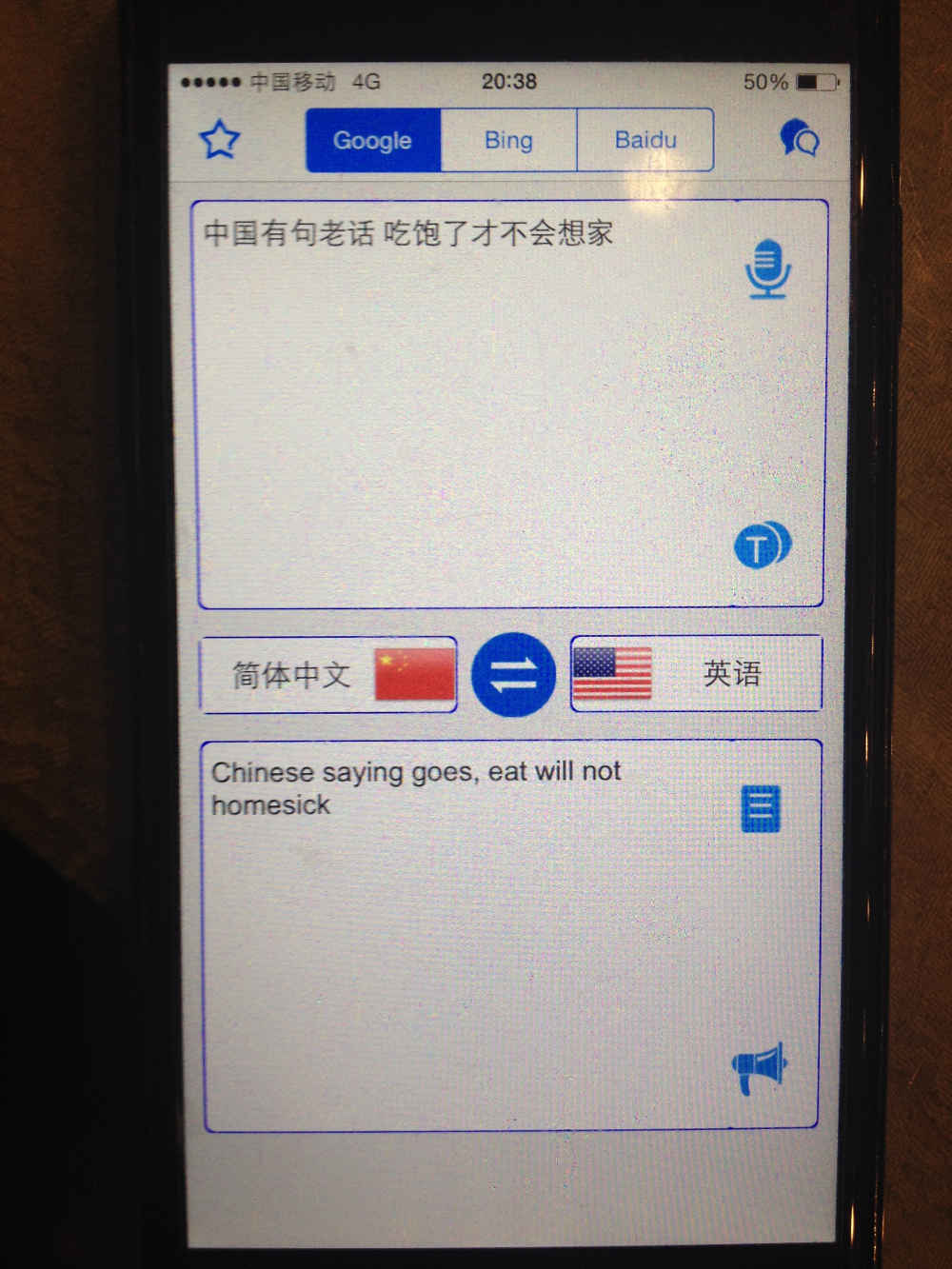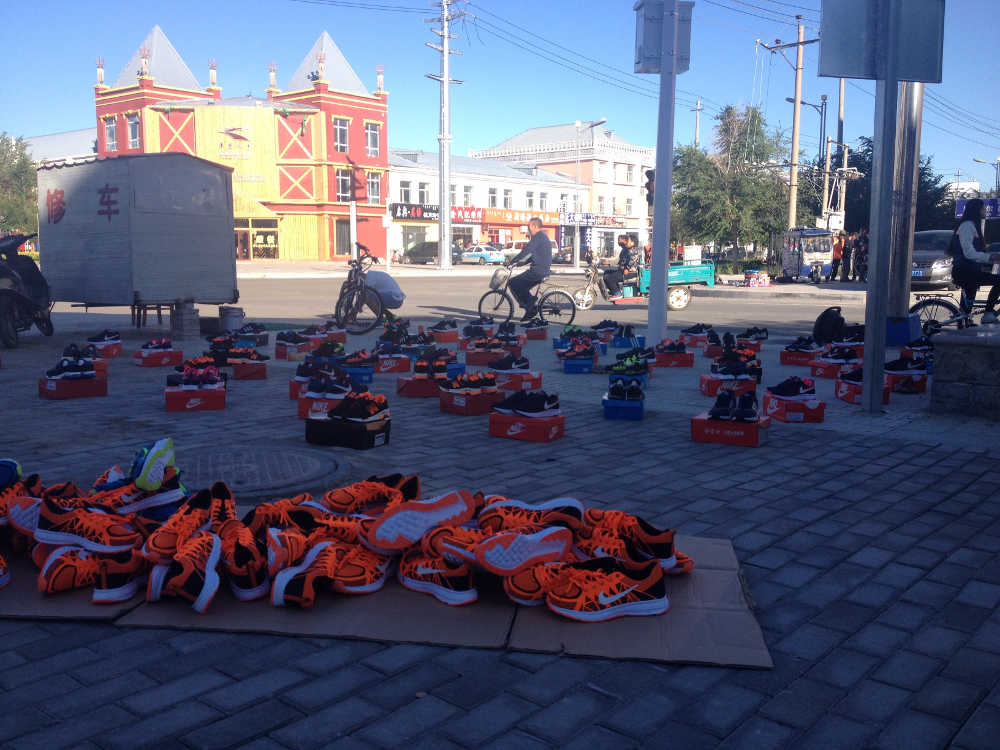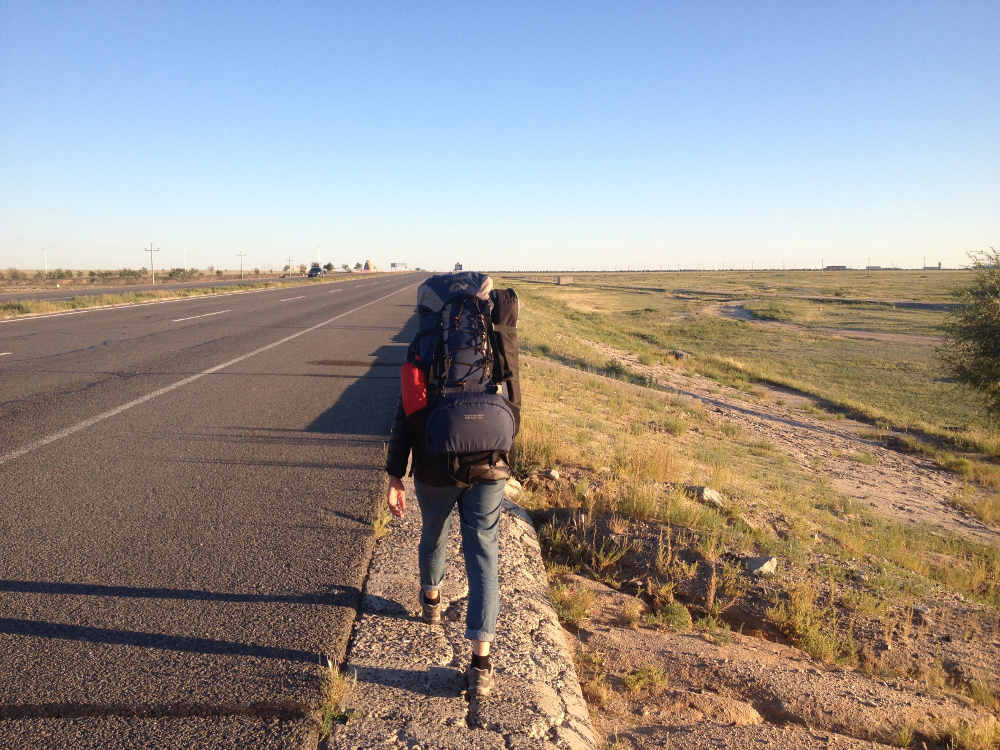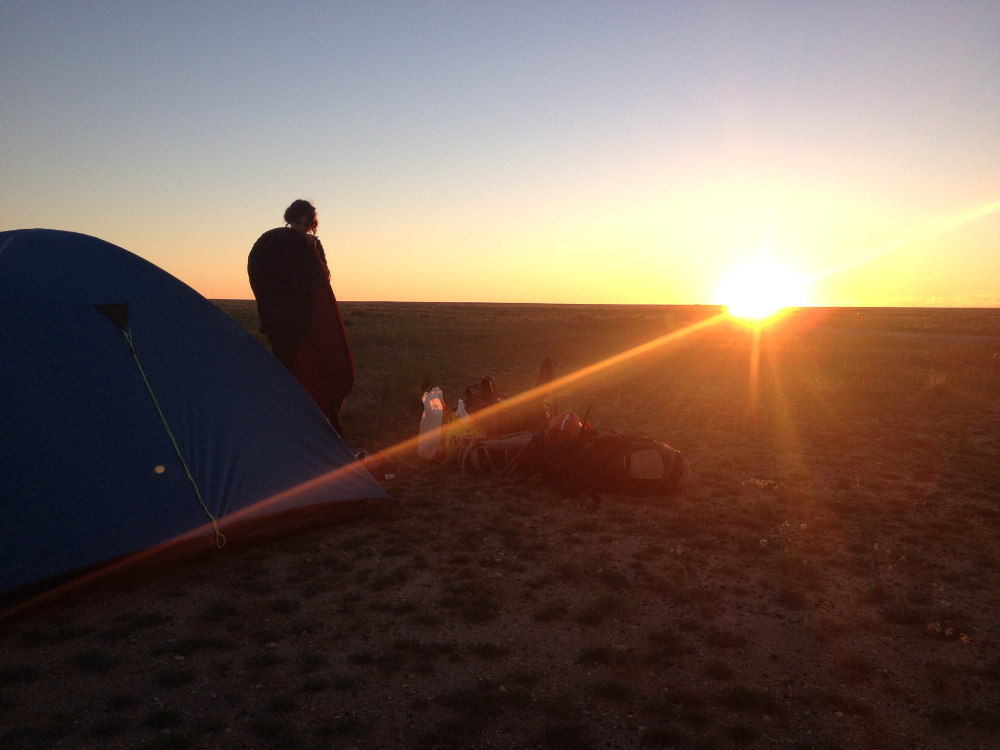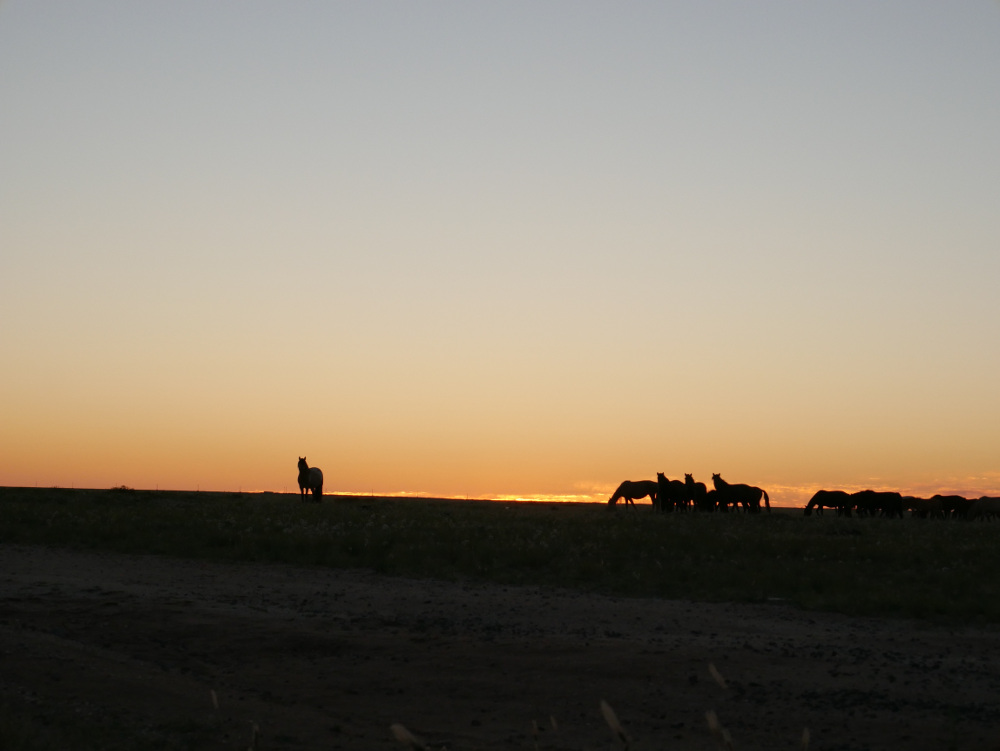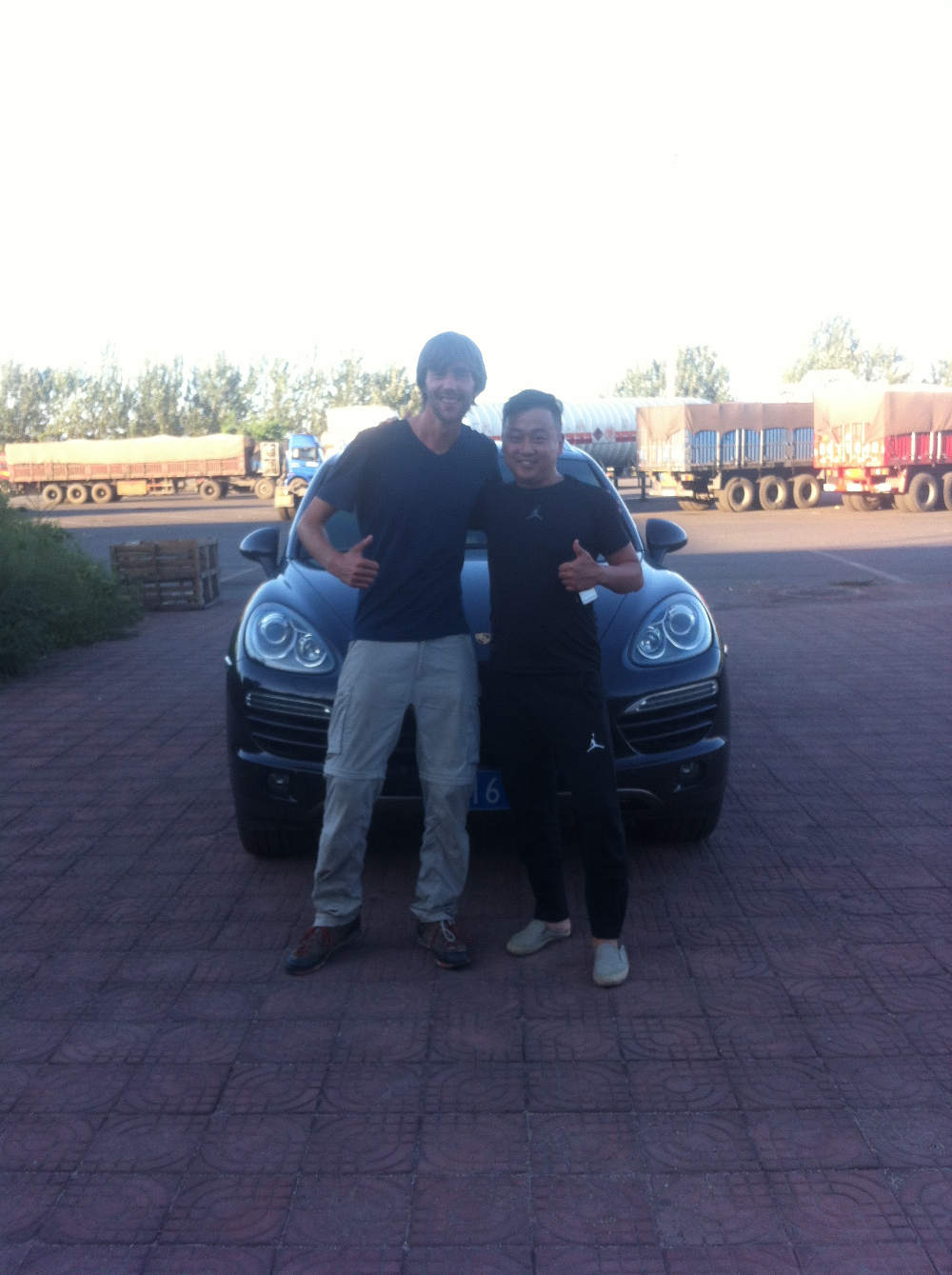Beijing, August 2016
China took us by surprise in many ways. Perhaps we were simply living under a rock, but we were amazed about the development of the infrastructure, the modernity of the cities and the apparent wealth of the middle class. The first city we visited was Ehrengot, just across the Mongolian border and we literally couldn’t believe our eyes. The city looked so much cleaner and greener (there were watering systems everywhere) than anything we had seen in Mongolia (or Russia for that matter), with new and shiny buildings, broad roads, new asphalt and nothing but new cars or funny looking electro-scooters. It felt like a fake front, a polished city to impress foreigners crossing in- and out of Mongolia, the contrast with Zamiin-Uud was simply thát big. As it turned out, every city we visited in China was pretty much the same.
We were also amazed at how amazed the Chinese were to see us. In China, wé are the tourist attraction. Most are a little shy about it, and don’t dare to ask, but some will immediately pull out their smartphone to take a picture with us. The ones that don’t dare to ask will simply wait their chance until we’re looking away and then quickly snap a picture. It only took about 10 minutes in Ehrengot before the first Chinese came up to us, and then the second, and then we made a quick run for it to prevent a line from forming.
Though Ehrengot was just a place in between for us. We bought a sim card and a road map for China and then we were off again. The next city on our list was a big one, with a population of close to 22 million, more than the entire country of the Netherlands: Beijing. We were a little uncertain whether the Chinese are familiar with the concept of hitchhiking. From what we had heard and read, most aren’t. And it makes sense, China’s rapid economic development is still so recent, that there has only recently been a sharp rise in the middle class and their massive use of cars. It’s probably one of the reasons why you hardly see any old cars driving around. Before China changed course to more of a state controlled market economy, after the death of Mao in ’78, there weren’t even any highways. Today you’ll find 2×2 to 2×5 driving lanes in each city and perfect highways in between. We changed our strategy a bit though: instead of the thumb we are waving our arm up and down to suggest a stopping motion. And it works rather well. We managed to get our first ride out of Ehrengot within 10 minutes. After camping out in the steppe for the night, located in the “Inner Mongolia” province of China (which looks an awful lot like Mongolia), it didn’t take long for the first car to stop the following morning. We guess the mother and daughter in the car weren’t exactly sure how to interpret our waving and stopping gestures, as they only stopped about a 100 meter behind us. We hadn’t even noticed them at first, as they were already trying to back up. We explicitly use the word “trying” here. They were swirling their shiny Mercedes coupe left and right, stopping, then moving backwards again, breaking and turning, until they simply gave up, with their car parked diagonally on the right hand side of the road. We couldn’t help but laugh as we ran towards them with our backpacks. After a short and seemingly unsuccessful round of sharades we showed them a little note which explains our intentions. A friendly Chinese guy whom we met in Ulaanbaatar wrote it for us. That did the trick and after a short ride to the next biggest city, they went out of their way to drop us off at a good spot to continue our journey. We jumped a fence to climb up to the highway where Jeroen started to write his first Chinese: 北京, which translates into Beijing. Before we even had our sign ready, a Porsche Cayenne stopped. Again around 100 meter behind us and again in a situation where we weren’t sure whether our driver knew exactly what we were up to. Our little note proved to be worth its weight in gold and when our driver “Fan” explained he was heading to Beijing, we knew we had just hit our jackpot. As we were comfortably cruising the 600km to China’s capital city, we used a translator app on Fan’s phone to communicate. With mixed success. Sometimes we would burst out in laughter due to an obvious translation error, but it worked well enough to understand the gist of it. As soon as we tried to move the conversation to more political themes, Fan implied he’d rather not talk about it. Maybe because of the language barrier, maybe because of the big brother barrier, probably a bit of both. So Fan steered the conversation to a less sensitive topic: whether we would want to join him for lunch and what type of food we would like to eat. We of course excitingly replied we would love to have Chinese food, which presented us with our first little Shakespearean dilemma: “to slurp or not to slurp”. We solved it by giving a lot of compliments about the food, which really wasn’t that difficult. It would be yet another surprising thing we discovered about China: the food. For Jeroen, who only knew the fast-food-Holland-adapted-Chinese-cuisine, it was mostly a matter of incomprehensible, yet pleasant, disbelief. How could the Chinese possibly botch such delicious dishes to try and please their customers in the Netherlands…? Though maybe it says more about the palette of the Dutch as they’re not exactly known for their haute cuisine themselves. The variety of noodles, spices, sauces and vegetables, as well as the relative cost of the food, made us feel like a kid in a candy store whenever it would get close to dinner time.
But as soon as we had solved one dilemma, the next presented itself: what to do with a sniffy nose? The Chinese seemed to prefer to get rid of any excessive slime by taking a deep breath, followed by a preferably loud bear-like rumble of the throat (which served as a fair warning on the street to anyone coming from behind) to scrape clean the deepest inner workings of their body, which would then be forcefully flung with a no-look-spat to their either left or right hand side. Tissues, on the other hand, seemed to be only used to wipe off any leftover pieces of food, that got displaced across the face from their slurping and loud open mouth chewing. And the Chinese like to spice their foods, which doesn’t exactly help with a runny nose. In the end we just pretended to wipe our mouthes, when we were really wiping our noses.
As we continued our journey to Beijing, we continued to chat away on Fan’s translator app, which produced the following little golden nugget: “Dumplings are Chinese people will eat and eat dumplings is not this season then in the evening I take you to eat it leek dumplings you eat it”. Fan was taking the concept of hospitality to another level and invited us to dinner in Beijing. He might have ordered every vegetarian item on the menu, as the table was covered with the most delicious varieties of Chinese food. Fan probably noticed the smiles on our faces and as we tried to express our gratitude, he replied on his phone with: “Chinese saying goes, eat will not homesick”. For our time in China, it turned out to be definitely true.
